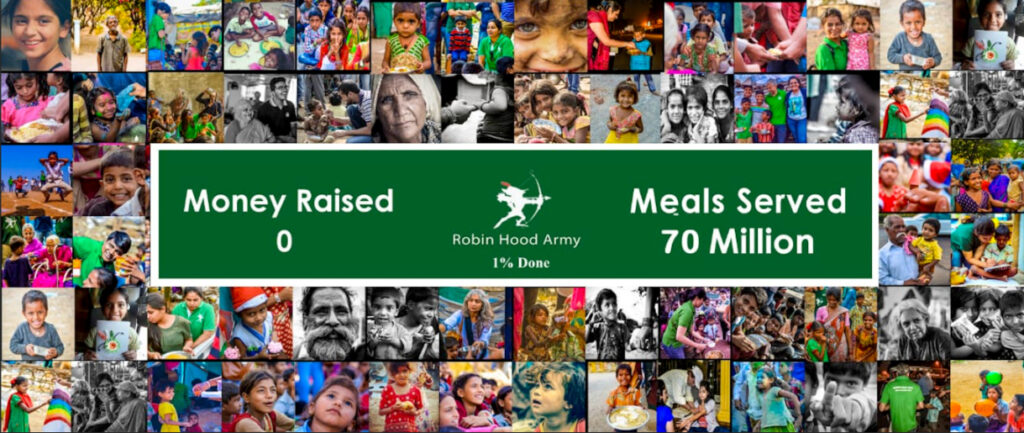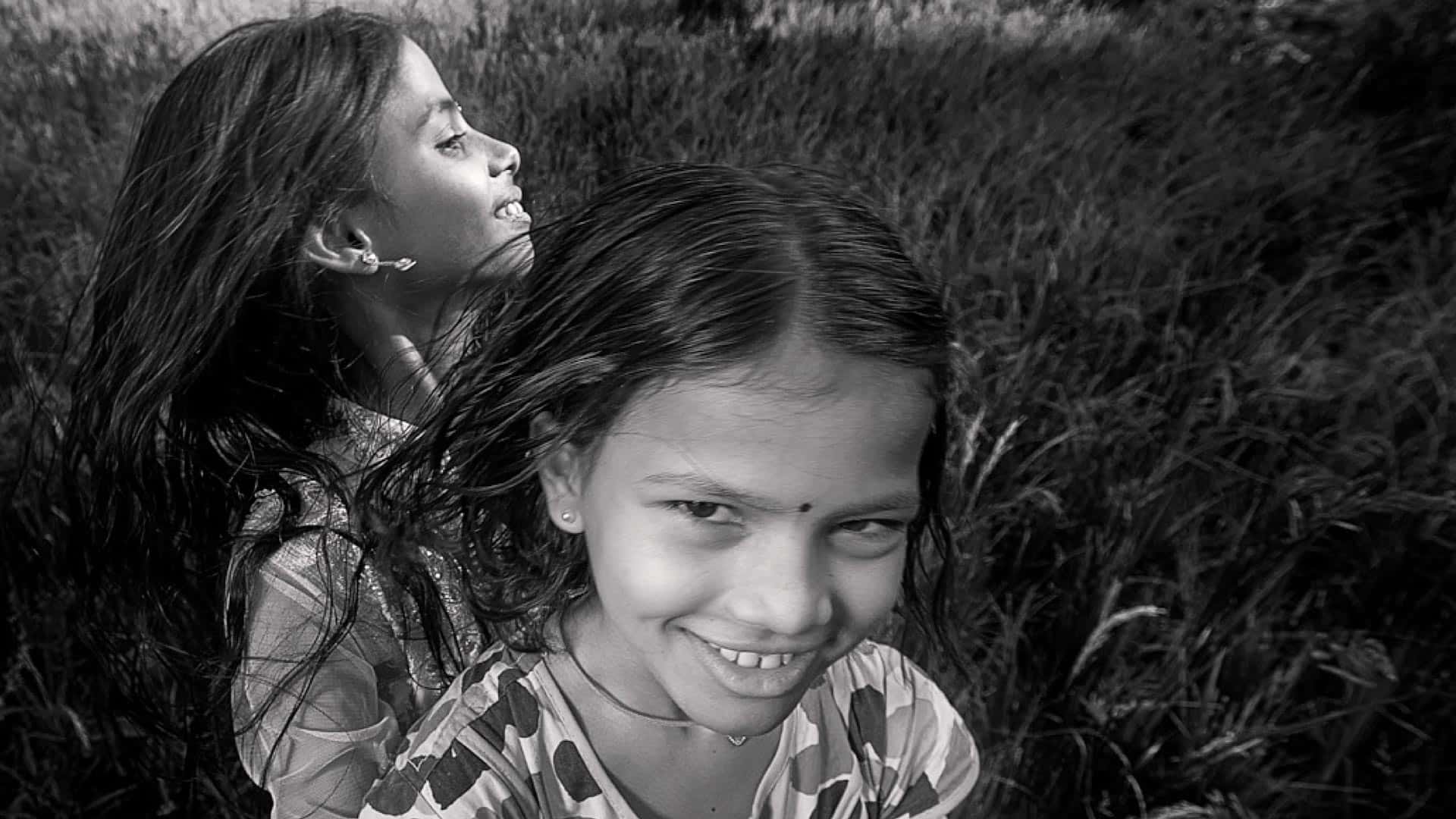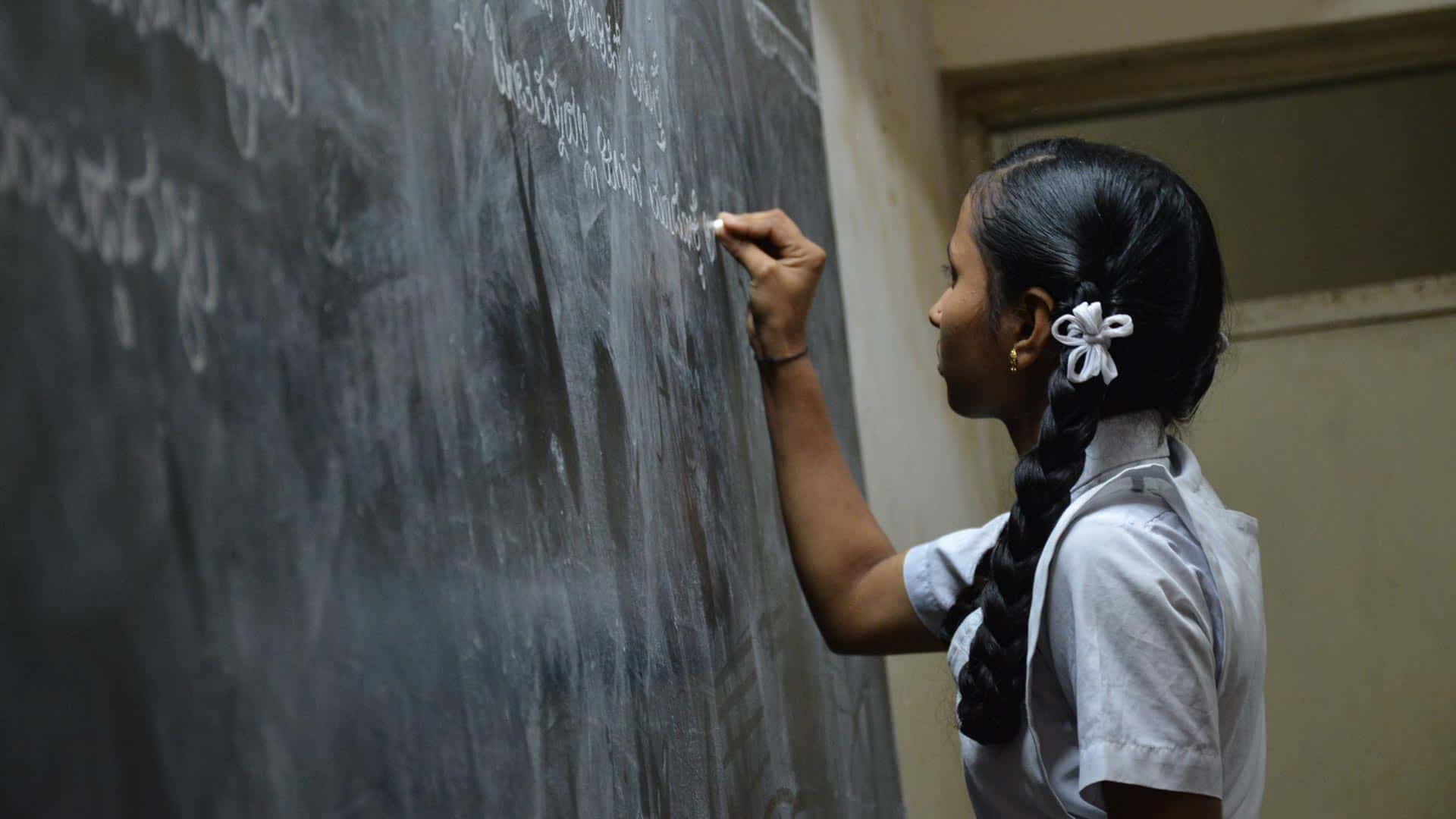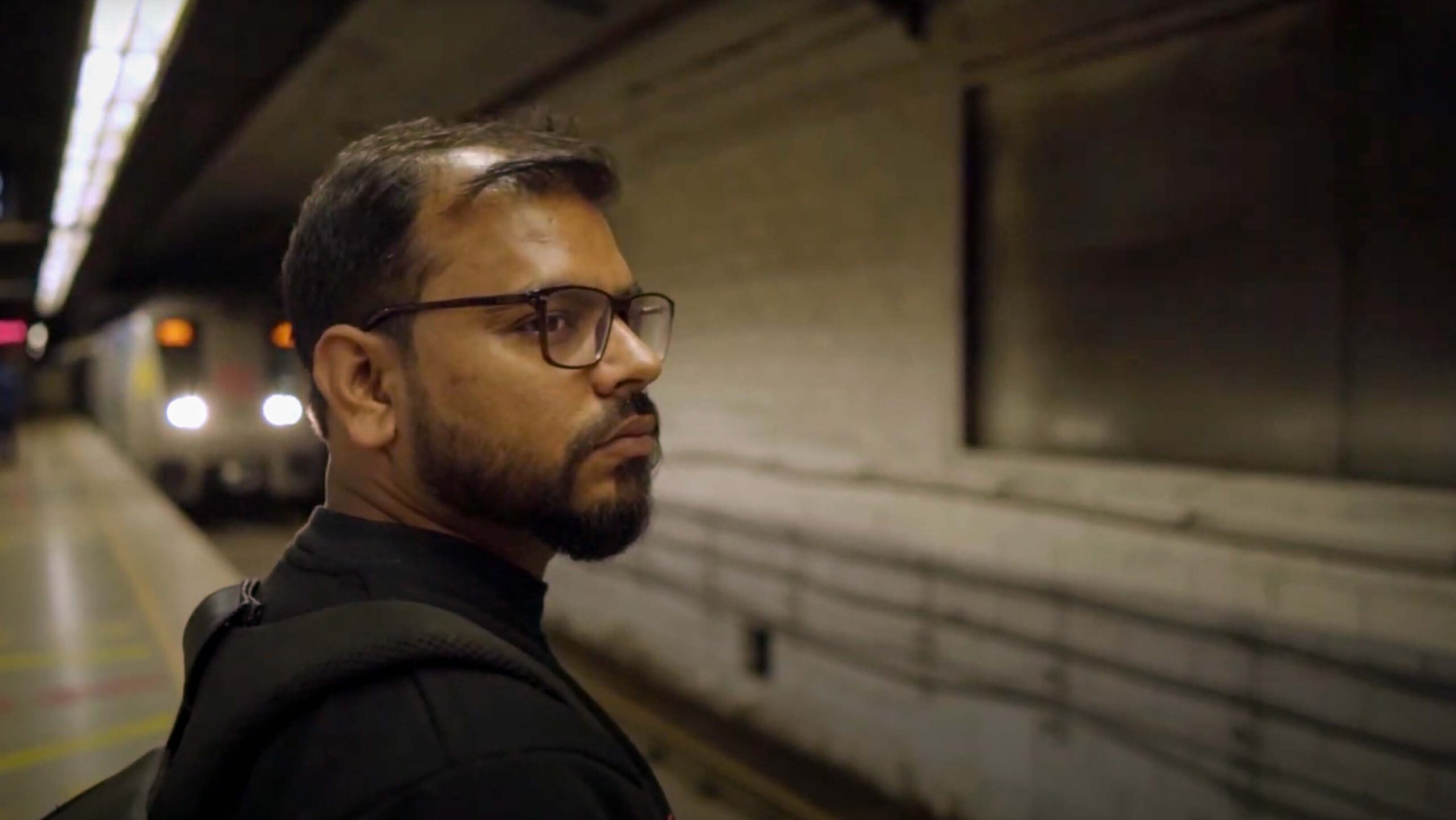What does it take to be a Robin?
Honestly nothing out of the ordinary – a Robin is just someone who wants to help serve those who are not as fortunate and has a strong bias for action. Every single Robin does this in their free time along with their full-time careers and personal lives – one can just sign up on our website.
How do you run an organisation of 1,64,101 individuals spread across 252 cities in 11 countries with ZERO funds?
The one-line answer is – through an incredible team of Robins. We’ve learnt a lot of key practices from the organisations we have worked in – to understand culture, motivation, goal setting and most importantly ownership.
What would you say has been key to Robin Hood Army’s success story? Heart? Logistics? Both?
I think we’re still at an early stage of our journey to call this a success yet, but I would probably attribute our impact to something which covers both – our culture. We’ve been extremely intentional in building the culture ground up – this includes a deep emphasis on heart and empathy, but also a razor focus on execution and logistics.
Serving meals in the middle of the pandemic must have been a scary experience. How did the Robins cope?
Honestly through the whole experience, the team was just focused on the people we serve who have lost so much more, I think that was a great distraction to the risk of the situation. At the same time, we did our best to ensure that Robins in every team were fully aware of and following extremely stringent guidelines to maximise their own and their family’s safety.
Serving meals is one thing. Teaching is another. Tell us about the Robin Hood Academy.
This is something which literally started organically. A big part of the Robin Hood Army experience is spending time with the people we serve food to – our team at Indore started teaching a lot of the street children we were serving. Through their experiences, in spite of my initial apprehensions, we realised this is scalable across cities and the Academy can serve as a bridge to get these kids equipped with adequate education and resources to be admitted to school for the first time.
Last year a certain Mr. Amitabh Bachchan decided to join the RHA. How did that happen?
Mr. Bachchan has been extremely kind in his support for the team. We were invited on the sets of KBC for a special show which involved sharing the Robin Hood story. I guess Mr. Bachchan connected with the idea of service without any motive, and has been really, really, gracious with his support.
On a personal note, how does someone with a full-time job at a senior level in Google make time to lead a mission like RHA?
Honestly there are a lot of people in the Robin Hood Army who probably have busier professional lives including my co-founders who are both entrepreneurs. Leading the Robin Hood Army means our weekday nights and weekends are extremely busy, we do miss out and sacrifice a bit from our personal lives, but seeing the smiles served in different cities week on week make every part of this purposeful and worth it.
There must have been a million special moments in your journey. Do share one that stands out for you.
This is a very tough question – probably one of the most memorable moments was meeting our Robins across the border in Pakistan. It reinforced that whilst we might come from different backgrounds and ideologies, what bring our Robins together is the larger purpose of serving those who do not have the basics one deserves.
Will you always be only 1% done?
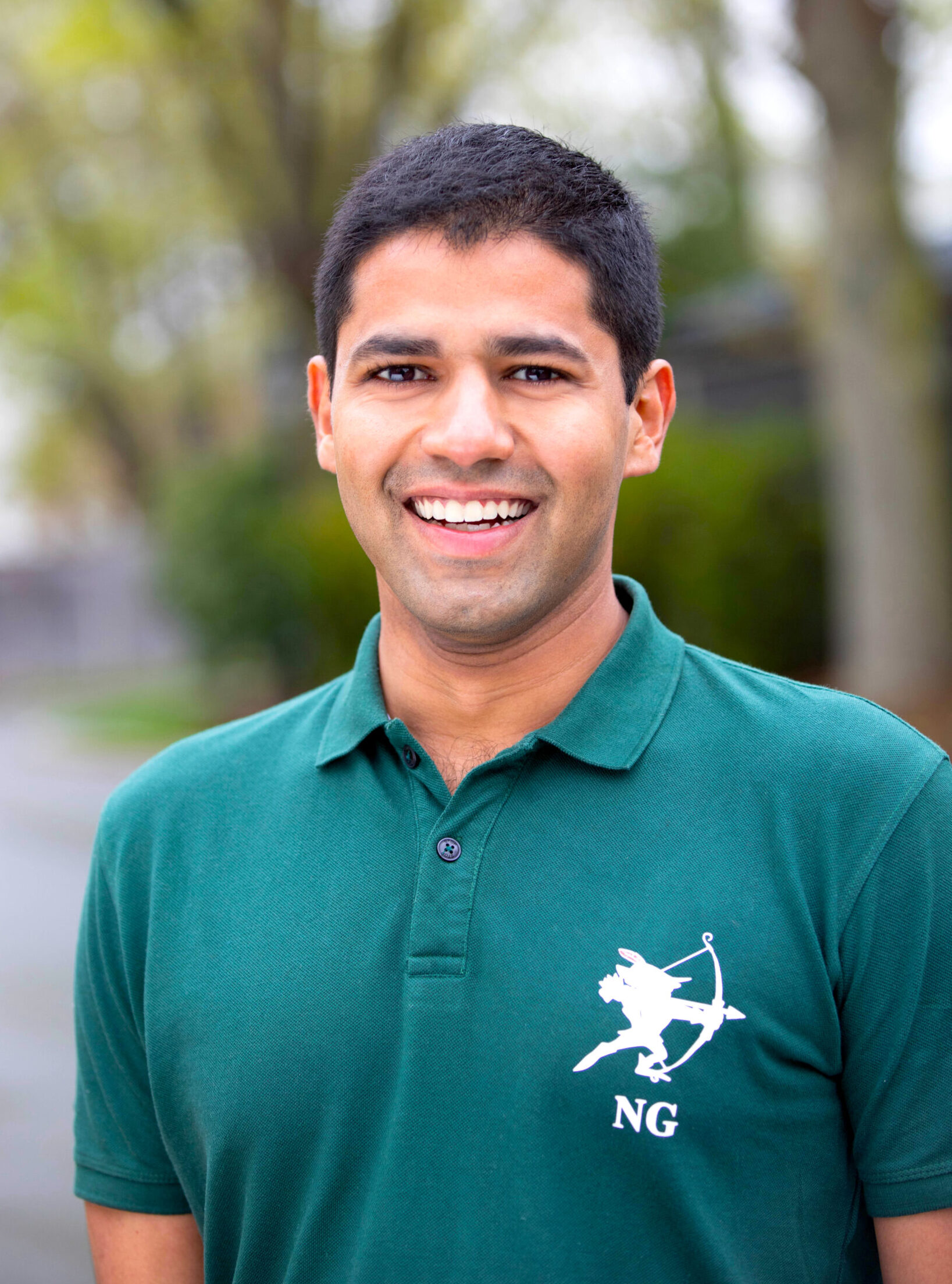
Honestly, it’s less a statistic, more a way of life. 1% done prevents us from resting on our laurels: it keeps us honest as a team, and our focus on the task at hand. So yes, we will probably always be 1% done.
Visit Robin Hood Army to join Neel and his band of over 1.64 lakh wonderful Robins. If you would like The LEF Journal to cover stories of inspiring people you know, do drop your suggestions in the comment box. Watch the RHA Mission 30M video.

